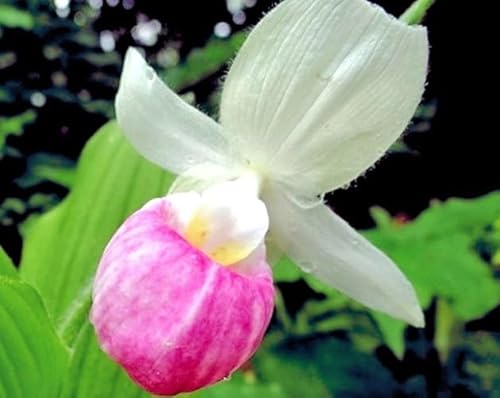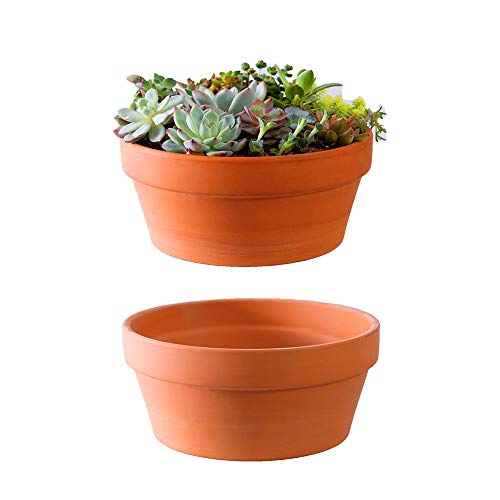Now ... now, lets not muddy the waters unnecessarily. :evil:
We in the US want these species. If Holger can thread the paperwork issue, then he is my hero. :clap:
The majority of Holger's exports into the USA will be flasks, and this is a good thing. We need more seed production of these plants to lighten the black market demand for collected plants.
That's in part true, though for species like hangianum, no one can compete with the profit on a jungle, precultivated plant, by making flasks, as long as there will be wild collected plants available of course in the jungle. When it's extinct, that's another story.
If the plants were transferred to China from Vietnam since 1965 or 1988 I'd agree with you. But there's no evidence of that, nor is there any evidence to dispute claims that these plants were just overlooked before. Nor can anyone say that these weren't moved in history way before implemetation of any trade agreements. The Vietnamese government and businessmen have just as much of an economic/political stake to these species as the opposite side, so why believe them? Who's to say both sides aren't posturing? If you want to believe they are illegal fine. You are welcome to your opinion. We can agree to disagree.
Holger sells the plants, and they are legal, we can be happy for that. On the other side, there are masses of hangianum from the wild that are precultivated in China right now, ready to flood the market, now that hangianum is legal. Hangianum only comes from Vietnam, and to know it as a fact, no one has ever seen a wild plant of it, and the only sources all the people in China are using to get hangianum are Vietnamese traders...
According to some people I know in Vietnam, some people working for CITES are so dense they dont even know what an orchid is when presented to them.
It was also put to me the main reason legal imports are not allowed by the Vietnamese authorities is that quite a few Vietnamese political elite are involved in plant smuggling and dont want legal plants getting out as keeping them illegal boosts the prices...
Well this is there suggestion, but I would not be at all surprised.
That's once again a conspiracy theory, in fact that's way more simple.
The CITES in Vietnam gave licence to 3 nurseries a decade ago to export plants, including paph species. One of them was Javeco. They got many complains from various customs around the world, as the plants sent were just a big bunch of fresh jungle crap, from dendrobium to paphiopedilum. Those were some of the largest smuggling operation ever seen, with a CITES to launder all of that. So they decided to avoid being banned by the CITES ( which would have dramatic consequences on the export of crocodile and lizard skins, which are economically very important in Vietnam), to ban those three nurseries, and make getting CITES permit for orchids much more difficult.
This said, there are not many nurseries that qualify to export orchid species in Vietnam. Apart from me, and maybe Mick now, all the nurseries just trade fresh wild plants, or barely established stuff, through all the borders and they have NO cultivated stock of any kind.
The officials are not involved, there is no corruption or market control by high rank officials, the collectors sell directly to people from Lao or China who come to their houses, all around Vietnam, that's it. No bribes, no tips, they go to the forest and unload the pickup in the pickup on the way to China, Lao or Cambodia.
Last, with CITES, the price of the orchids would increase, as the Vietnamese could export overseas. At present time it is impossible, or nearly so, and the smuggling goes through Thailand for most of it, where the plants get a CITES export permit. Other than that, the Vietnamese have to sell at local price, which is a tenth to a hundredth of the market price. With proper export permits, they could afford to sell their plants at a much higher price. Holger sells hangianum at 150 USD because they have a CITES, but without, the same plant is one or two dollars and no one in this world would pay more, as an example of the real economics. Plants are nothing, CITES are everything in the price of a plant, except few very specific things.










































